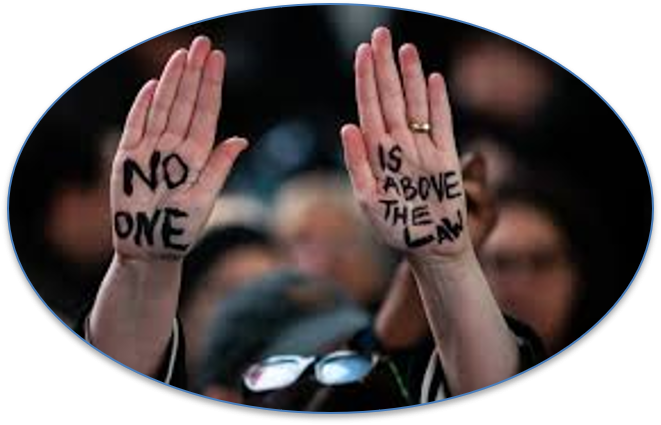Speeches Shim

Through the Judiciary Against Corruption Activity, USAID addresses both external and internal judicial sector weaknesses in fighting corruption. USAID’s implementing partner for this five-year $8 million program is Development Professionals Inc.
Corruption remains one of the most pressing challenges in Bosnia and Herzegovina (BiH). In Transparency International’s 2019 Corruption Perception Index, BiH received a score of 36 in a range of zero (highly corrupt) to 100 (very clean). The European Commission noted that BiH had made some progress in the fight against corruption in its 2019 Progress Report on BiH accession to the EU. Yet the judiciary’s response to corruption, particularly in processing cases of high-level corruption and organized crime, is poor. Improvements are needed in the following areas:
- resolving conflicts of jurisdiction
- harmonizing jurisprudence on corruption-related offenses
- drafting indictments
- gathering evidence
- oversight of judges during indictment review
- reasoning in court decisions and sentencing for corruption crimes
Meanwhile, judicial integrity within sector itself is weak as well. Progress has been made in preventing conflict of interest and corruption and strengthening judicial integrity in recent years (some of which was supported through a previous USAID justice program). Yet large gaps remain in:
- monitoring compliance with ethics and conduct standards effectively
- verifying the completeness and accuracy of asset declarations
- providing adequate resources to judges and prosecutors so they understand the rules and compliance requirements and have access to confidential counseling when questions arise
USAID ASSISTANCE
In September 2019, USAID initiated a five-year program – the Judiciary Against Corruption Activity (JACA) – with two distinct areas of intervention to 1) improve the judicial handling of cases involving high-profile corruption and organized and economic crime (HCOEC) and 2) prevent corruption within the judiciary itself.
IMPLEMENTATION
- Improving the processing and adjudication of the most complex cases of high-profile corruption and organized and economic crime (HCOEC)
USAID is working to address some of the deficiencies in the processing and adjudication of HCOEC cases by judges and prosecutors. For greater impact, the project will work with selected partner institutions – namely cantonal/district prosecutor offices and the corresponding cantonal/district and municipal/basic courts in six distinct geographical areas: Sarajevo, Tuzla, Zenica, Mostar, Bihać, and Banja Luka. USAID will also work with entity Supreme Courts and prosecutor offices in both the Federation BiH and Republika Srpska, particularly in areas in which processes and practices need to be harmonized.
USAID will implement specialized training and associated activities to harmonize practices and processes for HCOEC and to improve management of resources, quality of indictments and decisions, and public communication of the courts and prosecutor offices.
- Preventing corrupt behavior within the justice sector itself
USAID will build on progress achieved under its previous justice project to prevent corrupt behavior within the justice sector. Associated activities in this area will continue to improve ethics and codes of conduct, implement integrity plans and strengthen integrity principles, and increase compliance with ethics regulations.

Comment
Make a general inquiry or suggest an improvement.